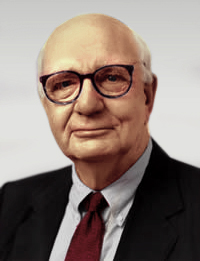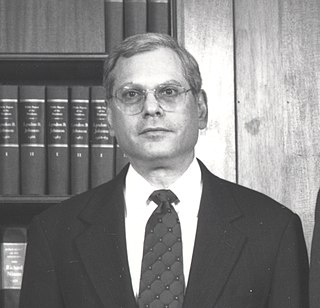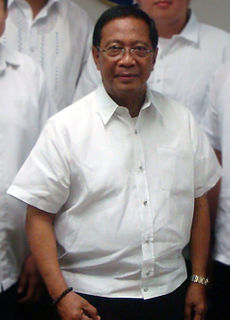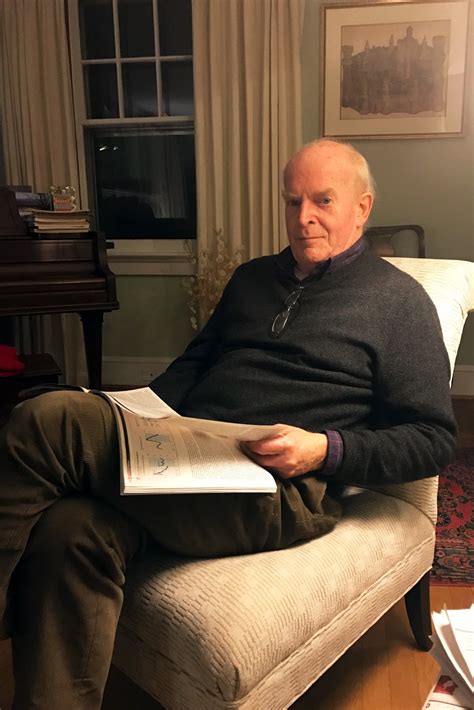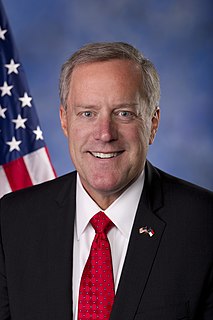A Quote by Riane Eisler
If we are serious about breaking cycles of poverty, we have to change this (economy).
Related Quotes
One of the things I've probably absorbed when I was in business school - and didn't know I was learning it - was about life cycles, that things begin, and they peak, and then they decline. So whether you look at life cycles of fashion, or you look at life cycles of things that people buy, designs, everything is in a life cycle. Getting out of the apparel businesses and into beauty and lingerie, those were very big bets, but they were very deliberately thought about and tested over time.
Pope Francis emphatically does not buy the argument that poverty can be alleviated by the 'trickle down' effects of wealth creation. He is deaf to arguments that the global economy has brought a billion people out of poverty. He is convinced, in short, that the best and only way to expel poverty is fairer distribution of the world's goods.
Poverty is a strange and elusive thing. ... I condemn poverty and I advocate it; poverty is simple and complex at once; it is a social phenomenon and a personal matter. Poverty is an elusive thing, and a paradoxical one. We need always to be thinking and writing about it, for if we are not among its victims its reality fades from us. We must talk about poverty because people insulated by their own comfort lose sight of it.
Poverty is not an accident of, sort of, an economic spreadsheet. Poverty is a crime. There are criminals involved. And those criminals walk the streets as free men. What my music is about, and what - this from the riots in the streets of Greece and Spain to the people's uprisings in Egypt and Libya and Madison is about is holding those people accountable, those who are responsible for subverting the entire global economy and causing so much misery and then laughing about it with their, you know, clinking their champagne glasses on their yachts.
Today it's fashionable to talk about the New Economy, or the Information Economy, or the Knowledge Economy. But when I think about the imperatives of this market, I view today's economy as the Value Economy. Adding value has become more than just a sound business principle; it is both the common denominator and the competitive edge.

